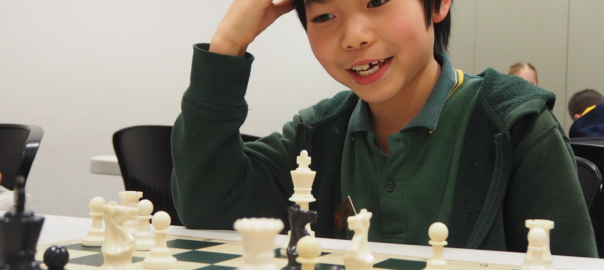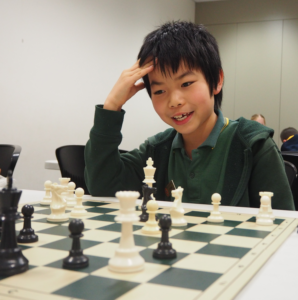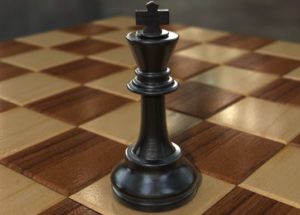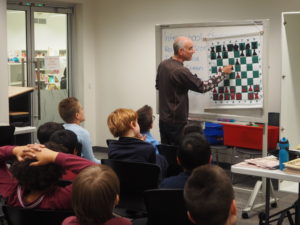Is chess too slow? ‘Not for those with a quick mind’, says Campbelltown Junior Yi Yang
A lot of people think chess is for those that are able to sit still for hours. We hear it all the time: ‘My son could not sit down for a chess game that goes for over an hour! He would get bored and distracted.’ But that could not be further from the truth. It is sometimes exactly what they need to focus and concentrate. We see participation in chess increasing every school term, so we think the game is not too slow!
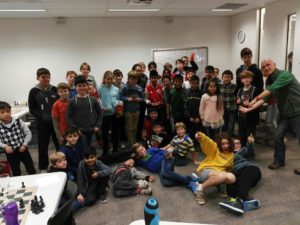
All people, especially kids, get restless and distracted from time to time. It’s normal for children of all ages to have lots of energy. Preschoolers, for instance, can be very active — they often move quickly from one activity to another. Older kids and teenangers are also energetic and don’t have the same attention span as adults.
But we are not talking here about children with ADHD (Attention Deficit Hyperactive Disorder), that is when the hyperactivity is unusually high and come to a point where it can interfere with their schooling, friendships and family life. Chess can also have great benefits for these students, but in this blog we are looking at the normal hyperactivity of children.
So back to normal, hyper, enthusiastic children: Yi Yang is one of Chesslife’s brightest students. He is always full of energy and engaging with everyone and everything around him. Nevertheless Yi Yang finds the ability to focus in front of the chess board and play long, complicated games with skill and accuracy.
Yi Yang not only plays at the chess club, but has also been participating in the Interschool Chess Championship, representing the community team run by the Campbelltown Council.
We chatted to him at the Campbelltown after-school chess club to see how chess had helped him develop in other areas of his life.
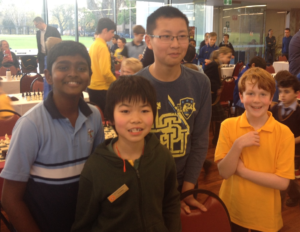
Chesslife: How long have you been playing chess?
Yi Yang: Two years. I started when I was in year two and I’m in year four now.
Do you play at school and at home?
I play at home, not at school. I play with online players on the weekend.
What do you like about chess?
There’s different pieces and different types of moves, and there are tournaments to get to verse different players. David can analyse my games and I learn something so I don’t make another mistake.
I like it at the chess club because they teach you new stuff and there’s a lot of tactics.
What’s your favourite piece and why?
The king because it’s the boss and once it gets checkmated the game’s over.
Have you been to any tournaments, and what have your results been like?
I always come fourth. Last year I started playing in tournaments: the July Junior, the Adelaide Hills Open, the October U11 State Championships. [This is not always true, we have been seeing YiYang getting better every tournament and even going home with some prizes!]
What would you say to young people thinking about learning chess?
Learn now, when you grow up you might become a very good chess player. There are lots of fun activities in chess.
How has chess helped you at school or with things like concentration?
Sometimes I look at other players’ boards and sometimes I just focus on mine. It has gotten easier to focus. When I first started I just kept looking at other people’s boards.
You don’t lose if you concentrate. Sometimes when I’m waiting for the person to move I just wait because I already know what I’m going to move. The concentration level will go up by focusing. You don’t talk much during chess and then at school when the teacher’s talking, you don’t talk because at chess you’ve learnt.
There are lots of other examples where students are loving the game and loving the challenge of focusing for long periods of time. Even noticing themselves that they are becoming better at this over time is fantastic.
So is chess too slow? We don’t think so!
Have you got a story to tell on how chess has helped you? Let us know and you could be featured in our next blog!
